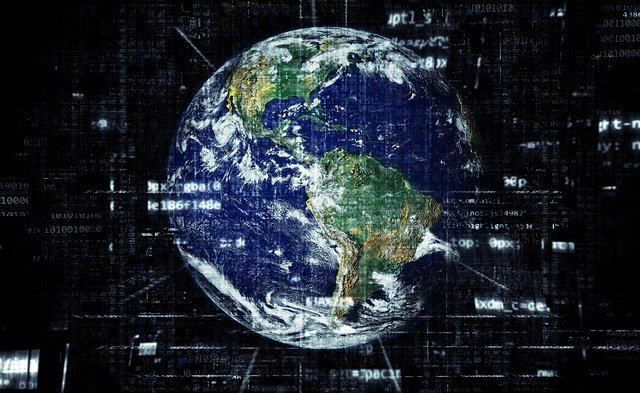Das Internet als neuer Forschungsgegenstand des menschlichen Erleben und Verhalten?
Psychologie ist, breit anerkannt, die Lehre vom Erleben und Verhalten des Menschen, bestimmten Personen oder Personengruppen.
Diese so breit angelegte Definition hat sich bis jetzt bestens für die Forschung bewährt und wurde ebenso in sehr vielen sozialen Lebensräumen studiert.
Sehr berühmte Experimente und daraus ableitbare Vorhersagen sind etwa aus den Milgram-Versuchen[1] der 60er Jahre des vorigen Jahrhunderts oder den Untersuchungen zum Sozialverhalten von Zimbardo[2] entstanden.
Die erste E-Mail wurde um das Jahr 1969 herum übertragen. Die breit angelegte Vernetzung von Computern erfolgte mit den Ende 80er/90er Jahren. Seit dieser Zeit entwickelte sich auch das Internet und dessen Nutzung für jedermann. Von einigen hochgejubelt, von anderen als Gift beschrieben hat das Netz heute praktisch alle Bereiche unseres Lebens erfasst. Es ist längst über das Anbieten von Informationen hinaus gewachsen und spiegelt alle Bereiche unseres Lebens wider.
Eine Künstlergruppe, rund um Cosima Terrasse, erregte im Sommer 2021 Aufsehen damit, dass eine virtuelle Doppelgängerin im Internet generiert wurde[3]. Die Ergebnisse waren erschreckend und verstörend.
Über jeden von uns wird eine digitale Akte angelegt mit vielen einzelnen Parametern. In besonderen, kritischen oder auch nur alltäglichen Stimmungen werden uns immer mehr „maßgeschneiderte“ Angebote unterbreitet.
Norbert Wiener, der Vater der Kybernetik, schuf berühmte Werke wie „Some Moral and Technical Consequences of Automation“ sowie „Cybernetics or Control and Communication in the Animal and the Machine“.
Eine Conclusio Wieners, einige Jahre vor seinem Tod, lautete:
Let it be noted that the development of science is a control and communication process for the long-term understanding and control of matter. In this process 50 years are as a day in the life of the individual. For this reason, the individual scientist must work as a part of a process whose time scale is so long that he himself can only contemplate a very limited sector of it. Here, too, communication between the two parts of a double machine is difficult and limited. Even when the individual believes that science contributes to the human ends which he has at heart, his belief needs a continual scanning and re-evaluation which is only partly possible. For the individual scientist, even the partial appraisal of this liaison between the man and the process requires an imaginative forward glance at history which is difficult, exacting, and only limitedly achievable. And if we adhere simply to the creed of the scientist, that an incomplete knowledge of the world and of ourselves is better than no knowledge, we can still by no means always justify the naive assumption that the faster we rush ahead to employ the new powers for action which are opened up to us, the better it will be. We must always exert the full strength of our imagination to examine where the full use of our new modalities may lead us[4].
Es stellt sich die Frage, ob wir aus wissenschaftlicher Sicht, nicht eine neue Disziplin schaffen müssen, welche das Erleben und Verhalten des Menschen, Gruppen von Menschen und Einzelne in diesem virtuellen und doch für uns real gewordenem Raum abbildet.
[1] https://www.aerzteblatt.de/archiv/61140/Stanley-Milgram-Gehorsam-gegenueber-Autoritaet
[2] https://www.studium.at/stanford-prison-experiment-jeder-mensch-hat-potenzial-gut-und-boese-zu-sein
[3] https://www.derstandard.at/story/2000129170376/datenexperiment-mit-google-suche-den-digitalen-doppelgaenger-erstellen
[4] Science, New Series, Vol. 131, No. 3410 (May 6, 1960), pp. 1358
Salvatore Giacomuzzi






Neueste Kommentare